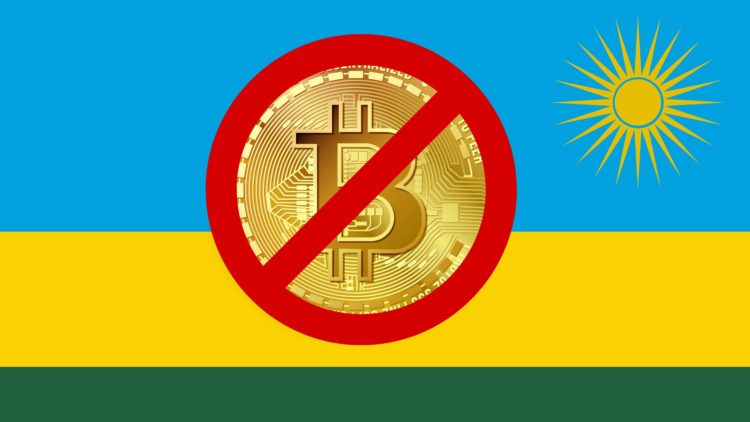Rwanda Bans Banks From Processing Cryptocurrency Transaction

The National Bank of Rwanda (NBR) has ordered all banks in the country to suspend “all crypto-related activity until a regulatory framework is in place.”
In a letter to managing directors and CEOs of financial institutions, the NBR’s acting governor, Soraya Hakuziyaremye, defended the organization’s activities.
Customers are left without the “guarantees and safeguards associated with regulated financial services,” she claims, because the vast majority of crypto assets are unregulated. The NRB details other instances in which con artists such as Gerald Cotten of the Quadriga cryptocurrency exchange and Ruju Ignatova of Onecoin have defrauded cryptocurrency investors in its letter.
According to an IMF report released in November, only 25% of Sub-Saharan African countries have established cryptocurrency regulations.
Six countries have banned cryptocurrency, including Cameroon, Ethiopia, Lesotho, Sierra Leone, Tanzania, and the Republic of Congo, while the other two-thirds have imposed restrictions.
All banks in Zimbabwe have been ordered to stop processing cryptocurrency transactions, and a local cryptocurrency firm in Liberia has been ordered to cease operations.
Many African countries have previously prohibited cryptocurrency transactions.
NBR seeks to protect users from the volatile crypto economy.
According to the Central Bank of Rwanda, cryptocurrency users are exposed to a market that lacks “the protections and safeguards associated with regulated financial services.” As a result, financial institutions have been restricted from actively participating in cryptocurrency transactions in order to protect them from a potential collapse.
Rwanda has joined the list of African nations that forbid banks from handling cryptocurrency transactions, along with Zimbabwe and Nigeria.
23 African nations have banned the usage and sale of cryptocurrencies in their economies as of the end of 2021.







